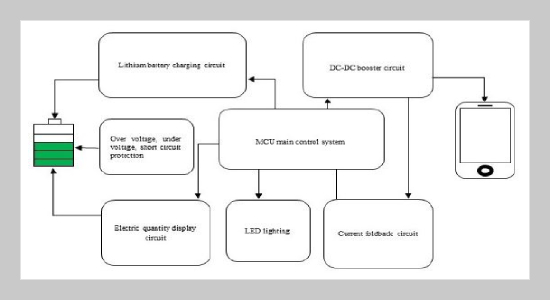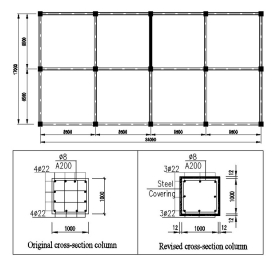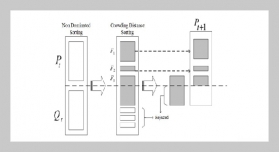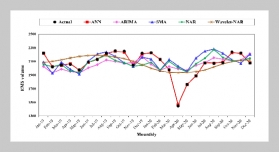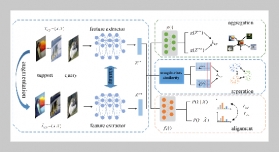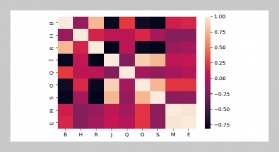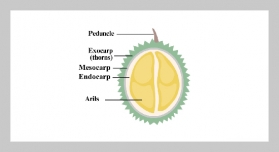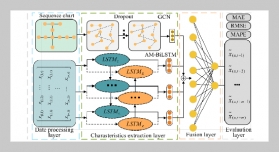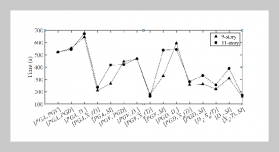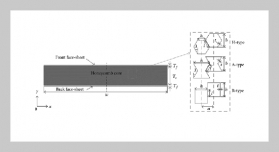Junli Zhang This email address is being protected from spambots. You need JavaScript enabled to view it.1, Geli Zhang1, and Yuanmin Zhang1 1School of Electrical Engineering, Xuchang University, Xuchang 461000, China
Received:
February 24, 2021
Copyright The Author(s). This is an open access article distributed under the terms of the Creative Commons Attribution License (CC BY 4.0), which permits unrestricted use, distribution, and reproduction in any medium, provided the original author and source are cited.
Accepted:
March 17, 2021
Publication Date:
June 21, 2021
Download Citation:
||https://doi.org/10.6180/jase.202112_24(6).0001
With the emergence of a large number of smart mobile products, it has brought great convenience to our life. However, at present, the battery power of mobile devices cannot provide longer endurance to the equipment, so portable power supply came into being. According to the structure characteristics and working principle of mobile power source, this paper proposes a mobile power supply design scheme with high power conversion efficiency and low power consumption. It gives the hardware circuit design and software process, hardware object debugging, and has very strong practical application value.ABSTRACT
Keywords:
Polymer lithium battery, Single-chip microcontroller, Mobile power supply, Charging circuit, DC-DC boost circuit
REFERENCES
